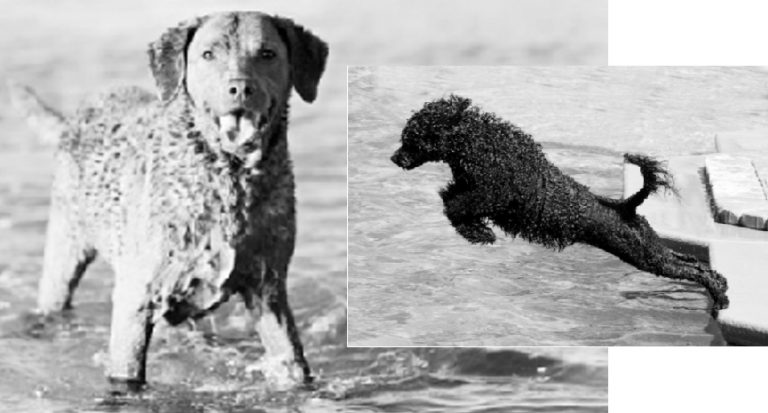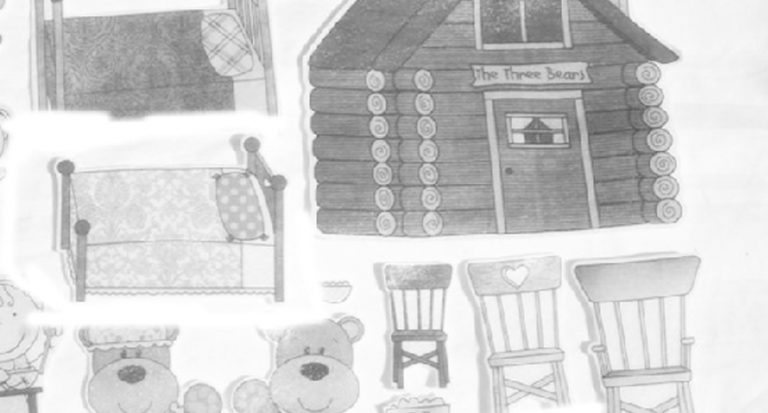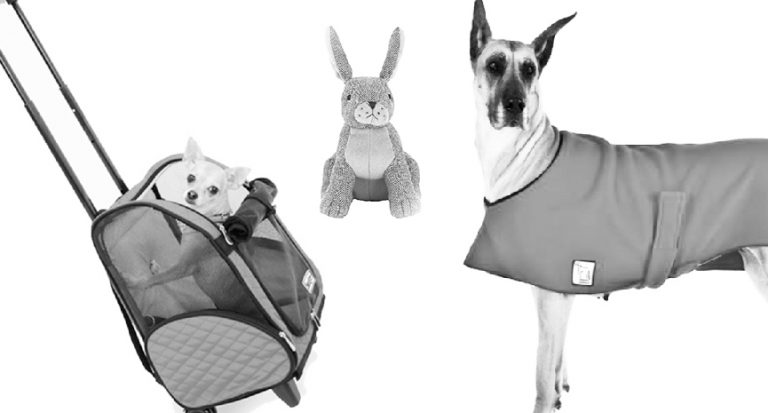They’re cute and adorable, and who can resist a sweet face (or my weakness–those squeal-inducing bellies)? Why, they’re puppies of course, and if you have a new pup or are thinking of adding one to your family, you might be interested in learning about the stages of being a puppy.
The stages of puppyhood are divided according to days after birth, and run into adulthood. Knowing about the stages of your puppy’s development can help you become a knowledgeable and responsible pet owner, which will help you give your pet the best care possible.
Neonatal Period (Birth to 13 days) * This is the most helpless stage of puppyhood, as the pup cannot regulate its own body temperature and requires food and warmth from mama or a surrogate. During this stage, human interaction should start. Puppies should be handled gently by their humans beginning in this stage of development.
Transition Period (13 to 21 days) * This next stage of puppyhood will see the pup’s eyes and ears opening up. Yep, that means the puppy will start to hear, and his sense of taste and smell will develop. More human handling is on the agenda during this stage, and this is also the perfect time to start introducing your puppy to your kitties, if you have them. Just make sure they are friendly kitties!
Canine Socialization Period (21 to 49 days) * This stage is when the puppy begins to show his personality and figures out that he is indeed a dog. This is an important stage for the puppy to continue his time with his mama and his siblings. He will learn discipline and submission from his mother, and should not be weaned during this time. Puppies removed from their mother during this stage of development could become noisy, rowdy, and possibly aggressive.
There is a very short subperiod in this stage of puppy development known as the Awareness Period, but it is important nonetheless. During this stage–which lasts from 21 to 23 days–the puppy will experience very rapid sensory development, and it is usually recommended that radical changes be avoided during this time. Some introduction to flooring changes (for very short periods) and auditory stimuli can happen and of course, continue talking to and handling your puppy.
Human Socialization Period (7 to 12 weeks) * This puppy stage is the best time for the youngster to be placed with his new family. Socialization with the puppy should continue. This stage of puppyhood also includes a subperiod at 8 to 10 weeks, which is considered the Fear Impact Subperiod. During this time, a traumatic experience could become a lifelong issue. If the puppy experiences a fear of loud noises during this time, it could become a hang-up throughout the rest of the dog’s life.
Seniority Classification Period (12 to 16 weeks) * During this stage, the puppy is trying to figure out who is the boss. All biting and nipping of human hands, clothing and leashes should be discouraged. If still together with his litter mates, there will be intense competition between them. By 16 weeks, the personality and emotional makeup of the puppy is fully developed and cemented for life.
Flight Instinct Period (4 to 8 months) * During this brief stage sometime between the 4 to 8 month mark (usually lasting 2 to 4 weeks) the puppy will try your patience. He will not want to listen, and will try to run away and not come when called. Your best bet is to wait him out and keep him on a leash until this phase passes.
Second Fear Impact Period (6 to 14 months) * Your puppy will be a nutty teenager during this stage of puppyhood. We all know how teenagers can be subject to the winds of change at any given moment. Well, your puppy will be the same. The puppy will have strange fears of new things, and may flake out for no reason. This is a stage in which you will need to have great patience. When your puppy balks and exhibits this behavior, it is best to simply ignore it (much like you would with some human teenage quirks). Don’t reinforce your puppy’s fears by petting him and trying to offer words of reassurance, as this only tells him that it’s okay to be afraid.
Young Adulthood (18 to 24 months) * Congratulations! Your puppy has arrived at the final stage. During this stage, your puppy may try to show dominance and territorial aggression. Don’t be surprised if some teenage weirdness shows up occasionally. After this stage has passed, you now have a full-fledged dog who is prepared to take the world by the tail. Enjoy your time with him.





